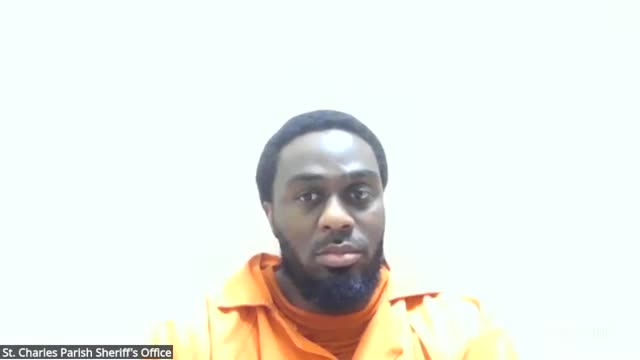Article not found
This article is no longer available. But don't worry—we've gathered other articles that discuss the same topic.
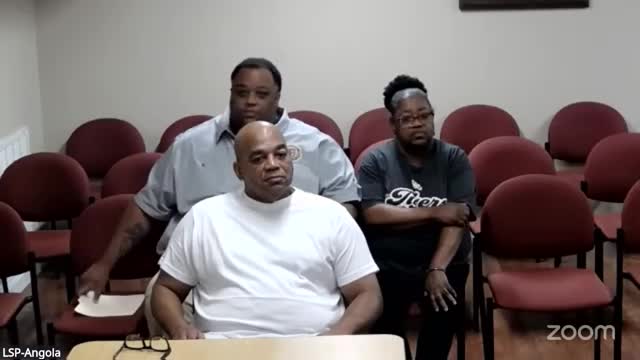
Parole request denied for Anthony Harvey; parole project offers transition support
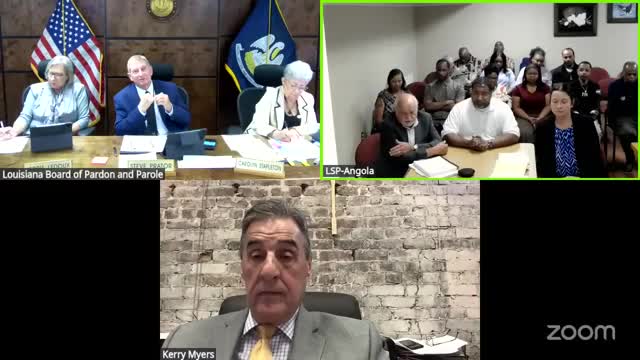
Parole denied for Galen Dickerson; board cites need for additional programming
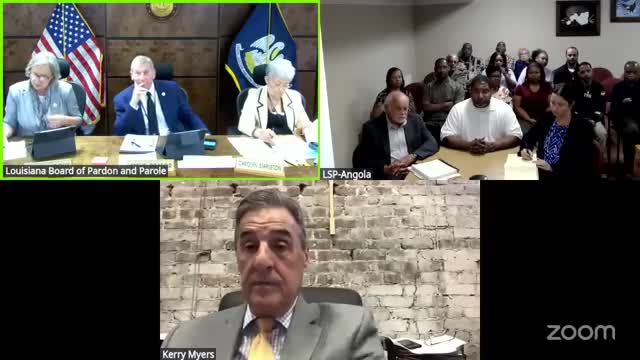
Parole request denied for Dalton Prejean despite mixed board vote
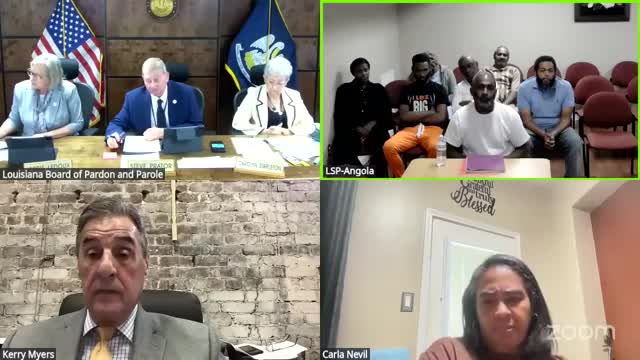
Parole denied for Carl Foster after review of record and institutional behavior
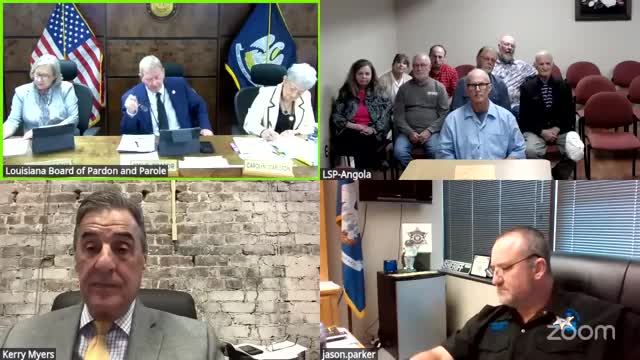
Parole denied for inmate who killed man in 1979; board cites gravity of offense
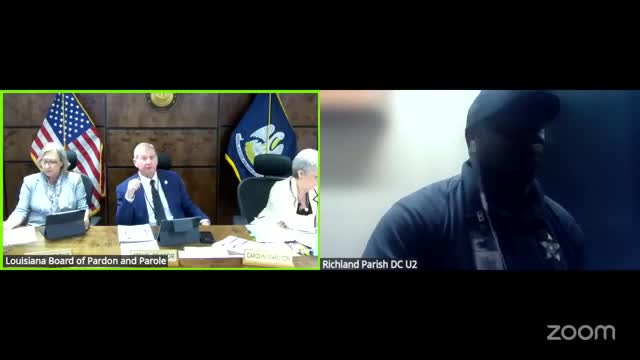
Parole revoked for man after travel to Texas without permission
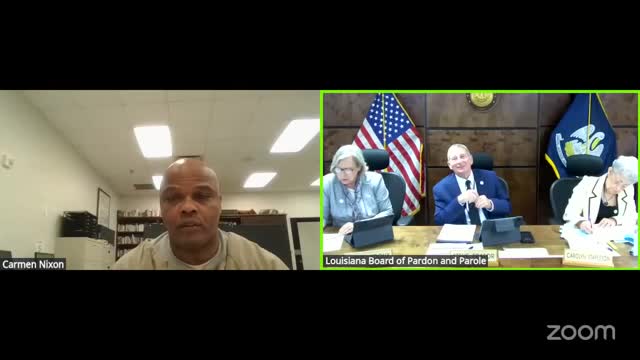
Parole revoked for man who pleaded guilty to battery after citing plea deal
